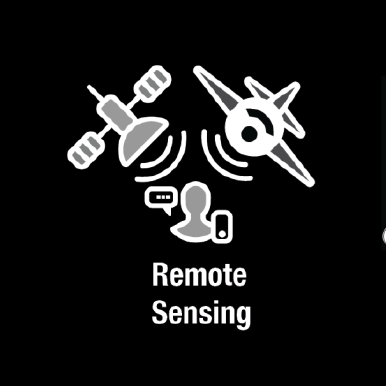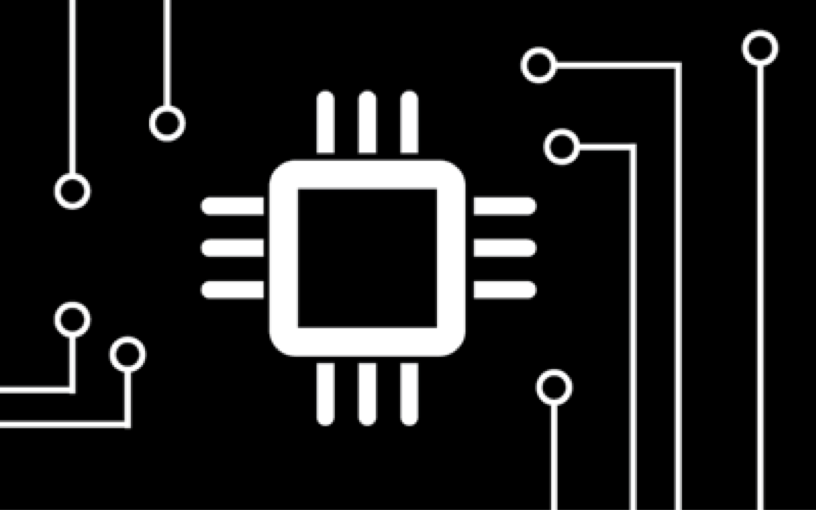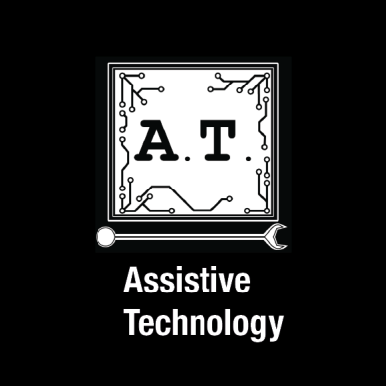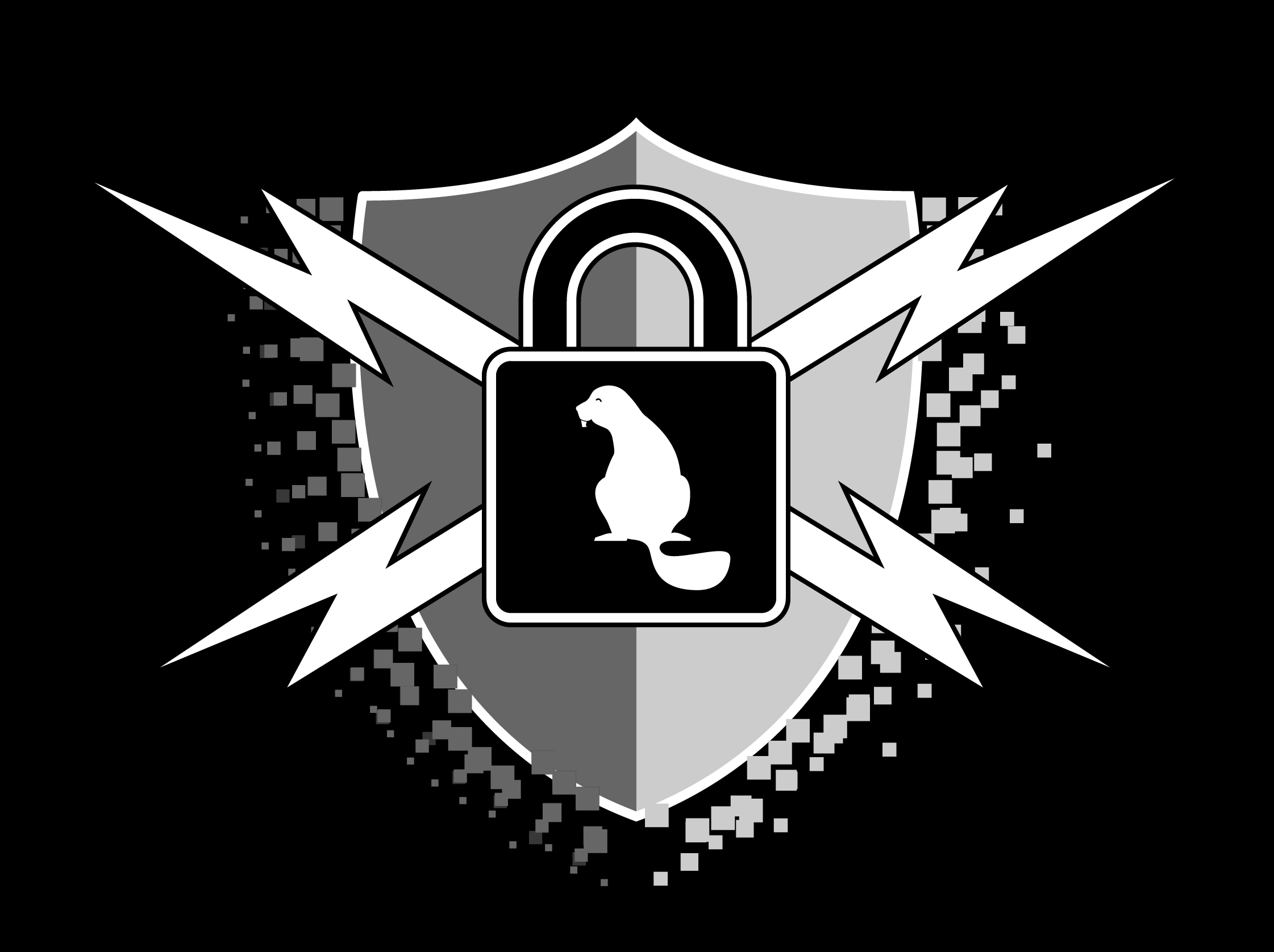BWSI Course Listing
Program Course OverviewsThe MIT Beaver Works Summer Institute will be offering the courses listed here. BWSI will offer both in-person and virtual courses in 2024.The BWSI Program consists of online (prerequisite) courses and summer synchronous courses that build upon one or more of these prerequisites. The online prerequisitie courses are independent study, we need to see your progress and grades when we select students to be part of the summer program, so it is important to show progress by our application deadline on March 31. The courses need to be completely done by June 25 or students' acceptance into the summer program will be at risk.We run introductory programs for 9th and 10th grade students in a spring program starting in March.Information on that Saturday Spring program can be found at this link. |
|
BWSI Steps- more info on this page
|
|
Autonomous Cognitive Assistance (CogWorks)The Autonomous Cognitive Assistant course, CogWorks, uses project-based learning to immerse students in exciting applications of modern machine learning and data science. It was created in 2017 and is a course at the MIT Beaver Works Summer Institute (BWSI). The class consists of three distinct modules, which focus on applications of machine learning in the domains of audio, vision, and language, respectively. These modules bring students in contact with critical foundational concepts in applied mathematics, science, and machine learning via compelling capstone projects that have important, real-world applications. The central ethos to this course is that all of these impressive projects can be completed without our depending on any “mystery boxes” to do so. |
|
|
MedlyticsIn Medlytics, short for medical analytics, we teach students to apply machinelearning approaches to real medical problems: predicting hypothyroidism in patients, using physiological signals to classify sleep states, and spotting cancer from mammography images. Using these problems, we can motivate and demonstrate a wide range of machine learning approaches, including decision trees, support vector machines, and convolutional neural networks, applying them to real-world problems that the students help select. |
|
|
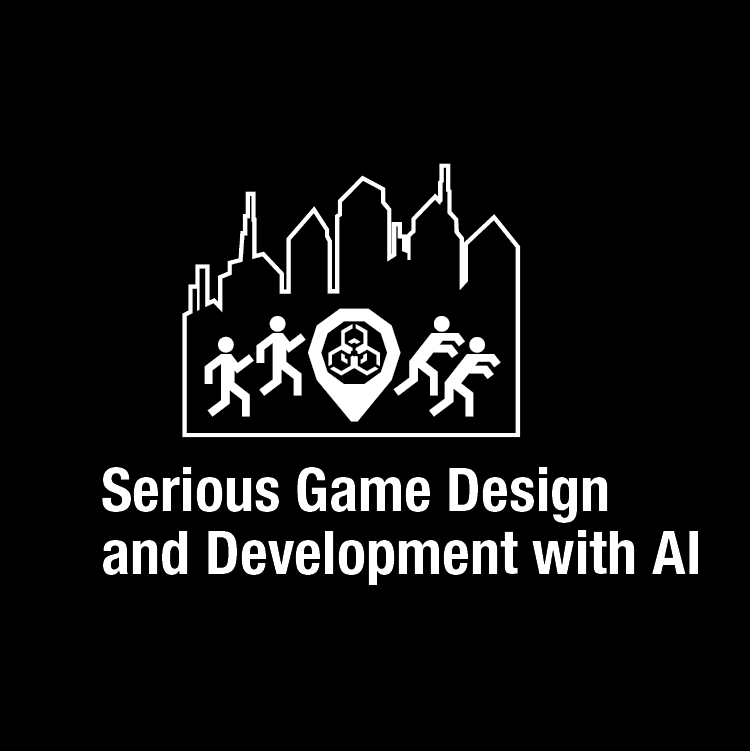
Serious Games Development with Artificial IntelligenceSGAI provides students with an introduction to game design and artificial intelligence by allowing them to create their own modifications to a game. These games are known as “Serious Games” and rather than being designed for entertainment serve the purpose of allowing us to better understand various real world situations such as disease spread, self driving cars and more! Once students are taught the basics of game design, team work, coding and others, they will begin working with their groups to develop a mod for the game we provide them to investigate a research question of their choosing. Artificial intelligence is used to investigate how a computer will handle the moral dilemmas it is put into and see just how well computers are able to compare to humans in the complex environments in the real world that these serious games are meant to reflect. |
Autonomous Underwater Vehicles Challenge (In-person at MIT)This course will introduce students to the challenges faced by real-world ocean engineers in designing, building and programming autonomous underwater vehicles (AUVs). The culmination of the summer course will be an exciting test of true autonomy – the student AUVs will autonomously navigate a simulated underwater obstacle course, applying real-time decision making based on feedback from onboard sensors. |
Autonomous Air Vehicle Racing - Back in 2024! and in-person at MITThis course provides a holistic introduction to Unmanned Aerial Vehicles, more commonly known as drones. Throughout the course you will be challenged to think deeply about the complexities of software systems needed to operate an autonomous platform. The course begins with an introduction to UAVs. We examine the electrical, software, and aerodynamic characteristics of our platform and discuss the tradeoffs involved in building systems suited for a variety of use cases. You will gain experience in building and debugging code using cutting-edge robotics software and simulation. Building on that knowledge, we’ll then venture into the field of computer vision. We’ll leverage on-board sensors to process visual cues from the world around our drones. We’ll need this to detect and avoid obstacles as well as read QR codes. Underlying all of this is the mathematics of stable flight. We’ll dive into a bit of control theory and write code that will be used to guide the UAV toward goals in a challenging environment. All these topics converge into a single challenge - a choose your own adventure project - where each team will have the opportunity to show off what they’ve learned. |
Unmanned Air System–Synthetic Aperture Radar (In-person at MIT)This course is a chance to get a holistic experience in complex systems engineering for students with introductory / moderate programming experience. Students will build a fully functioning radar imaging system including everything from drones and RF hardware to data processing. To realize this the students will be taught various scientific, engineering, and programming concepts through a series of lectures and guided experiments. Most of the students' time will be spent in groups of 4-5 working as teams of engineers to create and iteratively refine their systems. At the end of this course, students will have built a complex system to be proud of and gained first-hand experience in the world of engineering. |
|
|
|
Build a Cubesat - is now a Challenge and will not be offered in the summer of 2024Beaver Works Summer Institute will offer students the opportunity to design, build, and test a prototype CubeSat. Students will explore all the major subsystems of a satellite and get hands on experience with mechanical, electrical, and software engineering. The class will use these new skills to demonstrate a real CubeSat science mission in partnership with scientists from Woods Hole Oceanographic Institution. |
|


